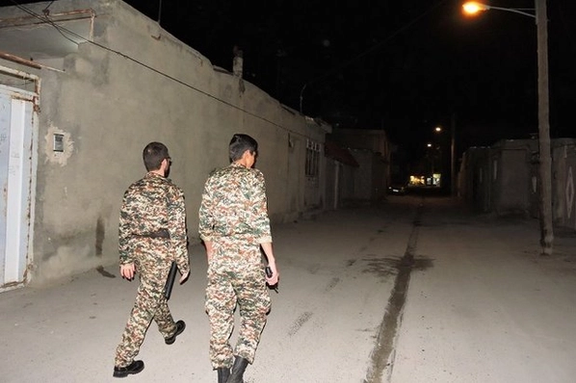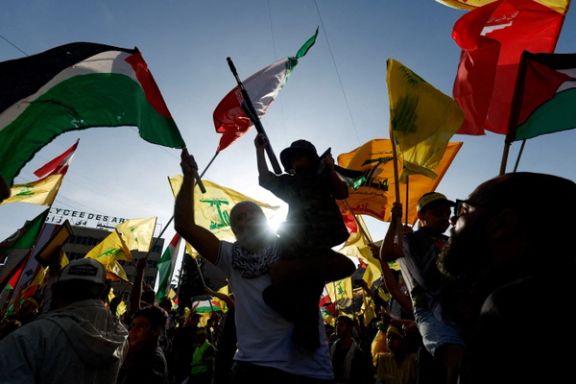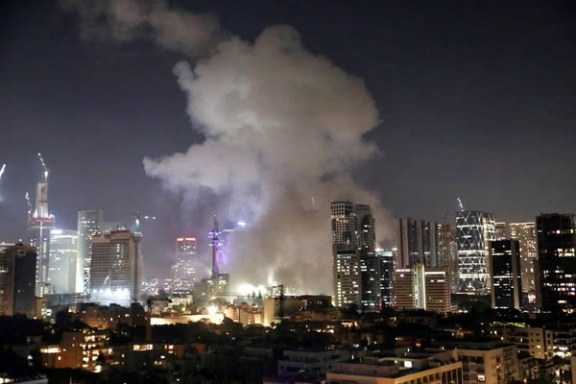The officers fatally shot two young men, Mohammad-Mehdi Abaei and Alireza Karbasi, on July 1. The shootings took place amid heightened domestic surveillance and arrests following the end of war between Iran and Israel.
A document from Branch One of the Hamedan Military Court obtained by Iran International shows that the court confirmed a previously issued decision to halt legal proceedings against the officers identified as Colonel Behrouz Amid, Colonel Mehdi Ghiyasvand and Major Ali-Asghar Yaghoubi.
The ruling says: “This court, while rejecting the objections, fully confirms the issued non-prosecution order.”
The victims were shot outside Hamedan during what state authorities called a security operation. The IRGC-affiliated Fars News Agency reported that forces opened fire on their vehicle near the Tareek-Darreh area after suspecting it of drone-related activity.
Two of them, Abaei and Karbasi, were killed and a third was injured.
At the time, it was claimed that two Basij members had fired the shots, but the document received by Iran International shows the accused are IRGC officers.
A source close to the victims’ families told Iran International that state media are trying to silence the families and mislead public opinion by framing the victims as “Israeli spies.”
According to this source, security agencies have banned the families from speaking to the media, while state-run outlets attempt to label the two young men as “agents of Israel.”
Lawyers protest ruling
Lawyers for the victims and the injured survivor objected to the ruling, arguing that there had been no traffic restrictions in the area and that the officers violated the law on the use of firearms.
They said the officers fired “a burst of bullets at the vehicle and its passengers without any necessity,” stressing that the act was “inherently lethal”.
They also said that the shooting occurred ten days after the end of the war with Israel, making the claim of wartime conditions invalid.
The prosecutor, however, argued the suspects had acted “voluntarily due to a sense of responsibility to confront Mossad agents and protect public security,” and could have refused the mission.
The court wrote that “due to lack of evidence, firm denial by the accused, and based on the presumption of innocence, the decision not to prosecute is issued.”
During the funeral procession for Abaei and Karbasi on July 3, mourners chanted “Death to the oppressor” and demanded accountability for the killings.
In 2024, at least 484 civilians were shot by security forces in Iran — 163 killed and 321 wounded — according to US-based human rights group HRANA. A five-year review shows a worrying rise in the number of victims of such shootings, with the figure more than doubling compared to the previous five-year period, the rights group said.






